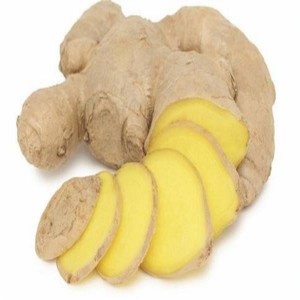Curcumin——Killer of inflammation and cancer
Curcumin is a natural compound with good anti-inflammatory and anti-cancer properties. Curcumin is a diketone compound extracted from the rhizomes of some plants in Zingiberaceae and Araceae. The chemical formula is c21h20o6. Among them, turmeric contains about 3% ~ 6% curcumin, which is a rare pigment with diketone structure in the plant world. Curcumin is orange yellow crystalline powder with slightly bitter taste and insoluble in water. Curcumin has the effects of lowering blood fat, anti-tumor, anti-inflammatory, gallbladder and anti-oxidation. In addition, some scientists have found that curcumin can help treat drug-resistant tuberculosis.
Curcumin is commonly used in medicine, and its main bioactive components are curcumin and volatile oil. The former has the functions of reducing blood lipid, anticoagulation, antioxidation, cholagogic and anticancer; The latter mainly has anti-inflammatory, antibacterial and cough relieving effects. Curcumin plays its anticancer role by inducing malignant tumor cell differentiation, inducing tumor cell apoptosis and inhibiting tumor growth at all stages. It is widely used in clinic.
Curcumin has anticancer effect. Tumor cells take curcumin, increase the target sites of drug action, regulate the signal transmission of tumor cells, so as to regulate the activity of some enzymes and the expression of proteins and genes in tumor cells. At the cellular level, curcumin can inhibit the proliferation of tumor cells, promote tumor cell apoptosis and reverse the multidrug resistance of tumor cells, Enhance the lethality of NK cells and inhibit tumor angiogenesis at the tissue level.
Curcumin can fight inflammation. Some different steroidal and non steroidal anti-inflammatory drugs on the market can be used to treat inflammatory diseases, but most of them have side effects. The study found that the anti-inflammatory activity of curcumin can be compared with steroidal drugs and non steroidal drugs, such as indomethacin and butazone, and is safe in most cases.

